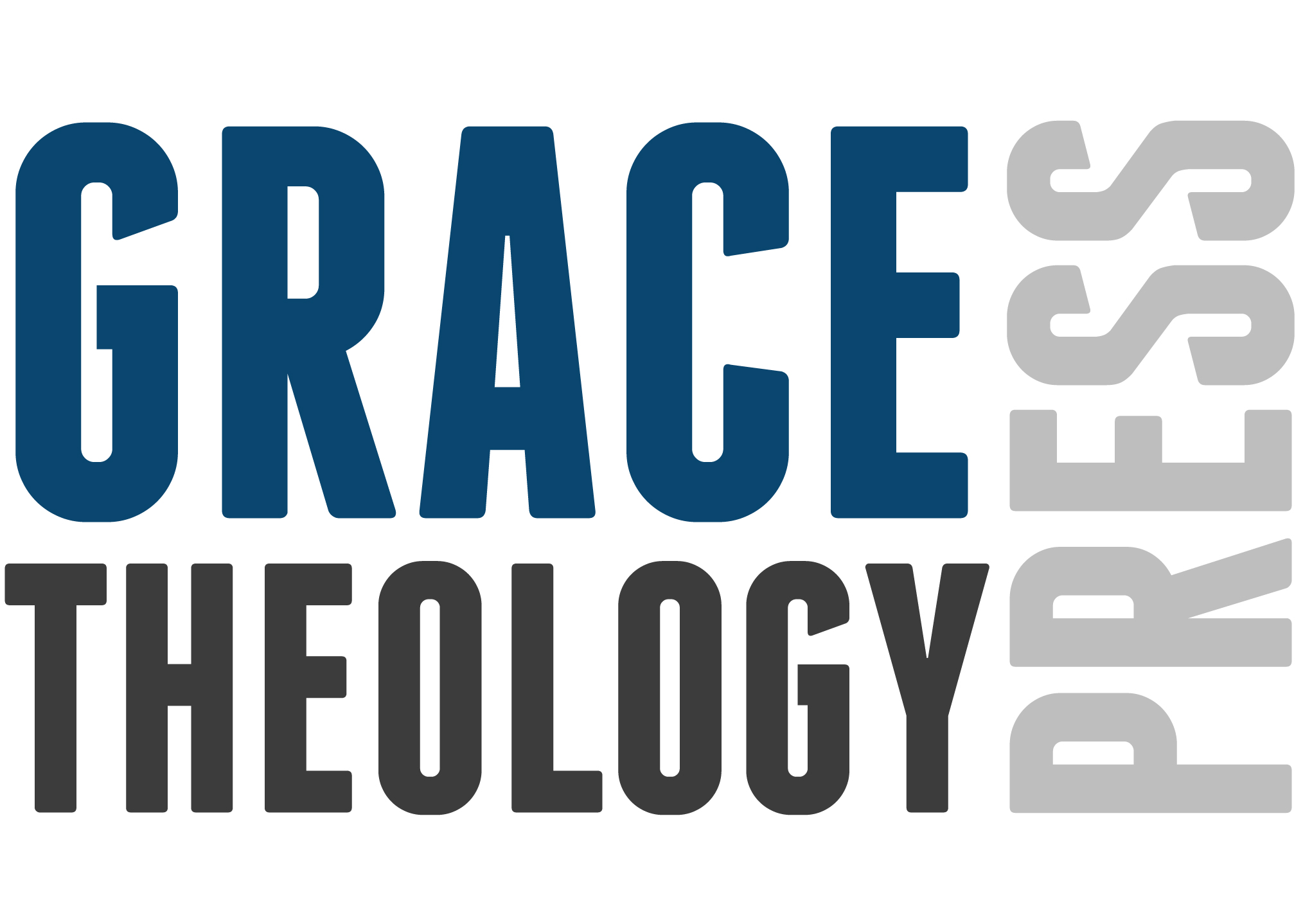It is Advent season, and I’m sure you will hear and perhaps prepare a number of sermons from the scripture that reflect on the theology contained in the story of Jesus. You might even use Isaiah 9 to provide a backdrop. The irony of the first Christmas is that in a place where you would least expect to find what you need – a stable – you indeed find everything you need … the Savior.
In one of the most prophetic portions of sacred scripture we find the theological background for the baby Jesus born in a stable, declared to be the Savior, and sent to save sinners. In Isaiah 6-9, written 700 years before the birth of Christ, we see the Book of Emanuel containing two prophetic passages declaring the call and character of Jesus.
The name “Emanuel, God with us” and the nature of this child meets the deep need of man who then as well as now lives in a broken world, an age of anxiety and alienation.
The names attributed in this prophetic promise have been immortalized in the music by Handel entitled, “The Messiah.” The decision as to whether there are four or five descriptions depends on your text and theology. But we will stick with the famous fourfold division. My friend Dr. Gary Inrig articulates it this way. In these names we see:
- A Wonderful Counselor who understands the complexities of life. Jesus is not a detached analyst but a committed, compassionate, companion in our concerns and the complexities of life.
- A Mighty God who deals with the circumstances of life. The prophet reminds us that “Behold, I am the LORD, (Yahweh) the God (Elohim) of all flesh; is anything too difficult for Me?” (Jer. 32:27) The answer to the rhetorical question is NO, there is not! Jesus is able and available to help in time of need. Our Lord is not only profound and powerful, but also personal and perpetual.
- An Eternal Father who can deal with the changes of life. He is the “The father of eternity” perhaps coming from the Ugaritic Canaanite language (Abu Sunimi: father of years). The point is not that Jesus is the Father of the Trinity. The issue is His character. The Messiah is paternal in His care for His children. As the Psalmist declared: “Just as a father has compassion on his children, so the LORD has compassion on those who fear Him. (Psalm 103:13) Jesus said in His departure: “And lo I am with you always even to the end of the age.” (Matt. 28:20)
- A Prince of Peace who can transform our brokenness and make us complete. This Prince will bring peace, protection, and prosperity. Peace “Shalom” is not simply the lack of war but a state of wholeness, completeness, and unity. There is no peace in Israel or in the rest of the world today. But the Prince is coming, and He by virtue of both His name and nature, will bring peace to all men. (2 Sam. 7:12-14; Psalm 89; Dan. 7:11)
It was Henry David Thoreau who said, “The mass of men lead lives of quiet desperation.” But the Lord has declared that we have:
- A wonderful counselor who understands the complexities of life
- A mighty God who can deal with the circumstances of life
- An eternal Father who can deal with the changes of life
- A prince of peace who can heal the brokenness and make us complete in life
Jesus came through the crib and left by the cross and will come again to be crowned and consummate His Kingdom. In that knowledge, enjoy this advent season.
“Now the God of peace, who brought up from the dead the great Shepherd of the sheep through the blood of the eternal covenant, even Jesus our Lord, equip you in every good thing to do His will, working in us that which is pleasing in His sight, through Jesus Christ, to whom be the glory forever and ever. Amen.” (Heb. 13:20-21)
Serving Him with you until He comes for us,
Fred Chay, PhD
Managing Editor, Grace Theology Press














